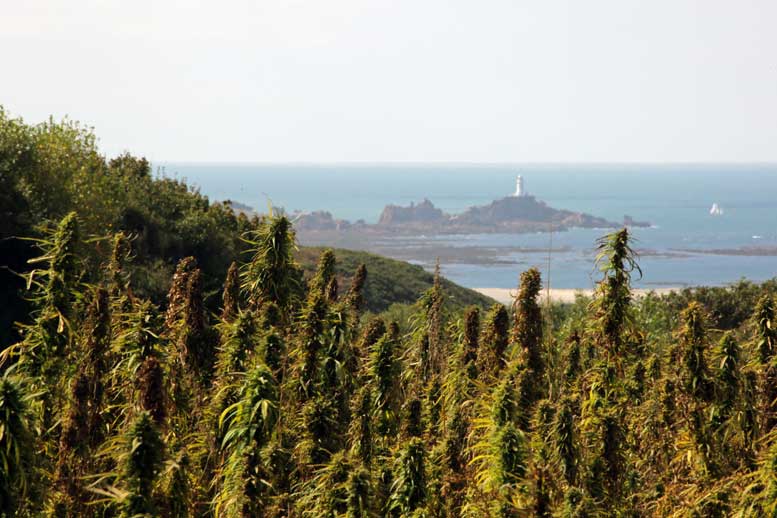An isle of Jersey CBD operator has won a landmark legal case against the UK Home Office, which had banned the import of its products due to trace amounts of THC.
Jersey Hemp Ltd. successfully argued that its products fell under an import exemption that allows products containing less than 1 milligram of THC.
The Home Office had ruled that while CBD in its pure form is not a drug, if a CBD product contains THC then the product itself should be considered a controlled substance, leading the Drugs & Firearms Licensing Unit to challenge Jersey Hemp’s products in July 2023.
But the government eventually conceded in the High Court that its import ban over Jersey Hemp’s products was unjustified under UK drug laws, Judge Stephen Eyre said in a judicial review decision recently made public.
The process by which CBD is extracted from industrial hemp flowers often leaves behind trace amounts of THC.
“The manufacturing process attempts to remove all controlled cannabinoids, including THC, so far as possible,” Jersey Hemp told the court in its judicial review application, adding that its products are specifically not designed as a way to deliver THC.
‘An unlawful decision’
“What needs to be taken into account is that a CBD product is designed for the administration of CBD to the human being or animal. It’s not designed for the administration of the THC which is sometimes left in products in traces due to the manufacturing process,” Josh Normanton, a lawyer who advised Jersey Hemp, told Business of Cannabis.
“It was an unlawful decision. Their interpretation of the exempt product criteria was too restrictive and fell into error, and they also misinterpreted their own policy,” Normanton said.
Jersey Hemp also said it complied with the exemption requirement that there are “no readily applicable means” to extract the trace amounts of THC in its CBD products.
Not definitive
While the court victory sets a positive precedent, it doesn’t provide a definitive judgment, leaving open the question of whether the exemption at issue in the case applies to all CBD products, and leaving industry stakeholders to interpret existing regulations in a legal vacuum.
Some 12,000 CBD products are now being considered for market authorization as new or “novel” foods by the UK’s Food Standards Agency (FSA). The Jersey case highlighted the as-yet unclear regulations surrounding the hemp-derived products, which flooded the market in the UK and elsewhere unregulated over the past five years.
Jersey Hemp’s products have presumably been on the market in the UK since at least Feb. 13, 2020, as required under FSA’ safety approval process, which is aimed at clearing up the CBD gray market that existed before that date. Seven CBD products from Jersey Hemp remain in the FSA’s review, according to the web pages that are tracking the approval process.
Company in difficult straits
Despite the legal win, Jersey Hemp said losing access to the UK market forced it to lay off staff and sell equipment, and that rebuilding the business will require a large financial settlement from the government – a prospect not necessarily guaranteed.
As a Crown Dependency, Jersey has close political and economic ties with the UK, but is independent in trade relations, meaning import and export licenses are required for products crossing the border. Also, in order to export cannabis outside of Jersey, licenses are required under the island’s Misuse of Drugs Law 1978 and must be obtained for each shipment.
Jersey Hemp was granted a license to grow hemp for CBD in 2019, drawing government support. At the time, the company claimed it was developing the capacity to produce 30 to 40 tons of hemp annually and announced it had secured £2 million ($2.68 million) in investment needed to compete with producers from China, Eastern Europe and the Americas, where most CBD sold in the UK is made.

